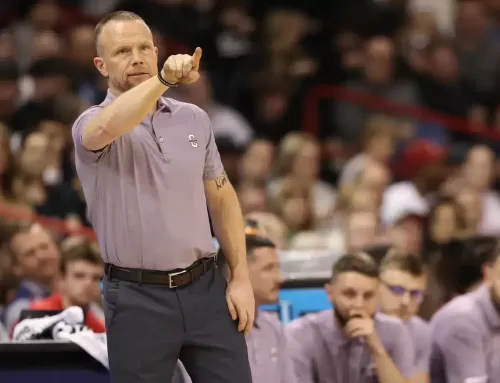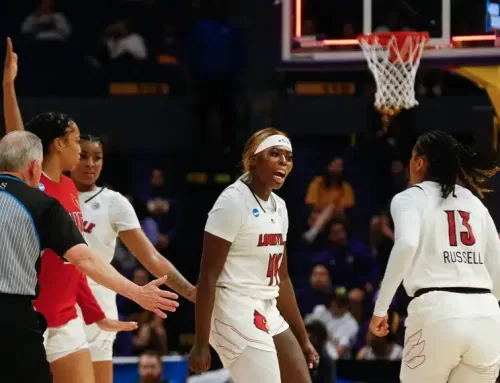By Eli Hughes–
The University of Louisville has received an $11.5 million grant from the National Institute of General Medical Sciences. The grant will be used to advance cancer research in immunotherapy by establishing the Center for Cancer Immunology and Immunotherapy.
“One of the university’s Grand Challenges is to advance the health of all people,” said U of L President Neeli Bendapudi. “Through this center, our cancer researchers will grow the field of immunotherapy, saving the lives of many more patients with cancer in the future.”
U of L Health’s James Graham Brown Cancer Center is already a valued resource for cancer treatment.
The Brown Cancer Center is nationally recognized and boasts the largest cancer trial program in the region. With this grant, U of L Health will be able to establish the Center for Cancer Immunology and Immunotherapy as a National Institutes of Health-designated Center of Biomedical Research Excellence.
One of the main goals of the grant is to help establish the next generation of cancer researchers. Young researchers will be provided with funding and mentorship and then cycled out once they are able to obtain their own funding. This will allow for a new wave of researchers to receive support from the center.
“It’s my obligation to bring in and encourage more junior investigators to work in this area,” said Dr. Jun Yan, director of the Center for Cancer Immunology and Immunotherapy. “We can work together and build this center.”
Yan also explained why it’s so important to get the next generation involved with cancer research. “Immunotherapy takes a long winding road to get where we are now. Just to give you one example, one drug that is widely used now in clinics was developed 20-25 years ago. Developing and discovery take a really long path to get where we are now. So you really need generations and generations of scientists to work in this area,” Yan said.
Dr. Paula Bates, an investigator for the Center for Cancer Immunology and Immunotherapy, agrees that supporting young researchers is incredibly important. She will works as a mentor for these investigators and helps them with their grant applications.
Bates also doesn’t underestimate the effect that this grant could have on cancer research as a whole.
“The big picture of what this grant is about is figuring out what are the mechanisms that cancer uses to avoid being destroyed by the immune system. So that we can come up with new immunotherapies,” Bates said.
“We are looking to really get answers to those questions. And some of those will be longterm answers, you know if we find a new type of therapy, t might take 5-10 years before it is generally available. But there is the potential in the shorter term to have a real impact. ” According to Bates, some of those shorter-term projects will include research on combinations between existing immunotherapies and other drugs that aren’t normally used for cancer treatment.
The grant is currently set to last for five years but can be extended for two more five-year periods.
Photo Courtesy // University of Louisville




